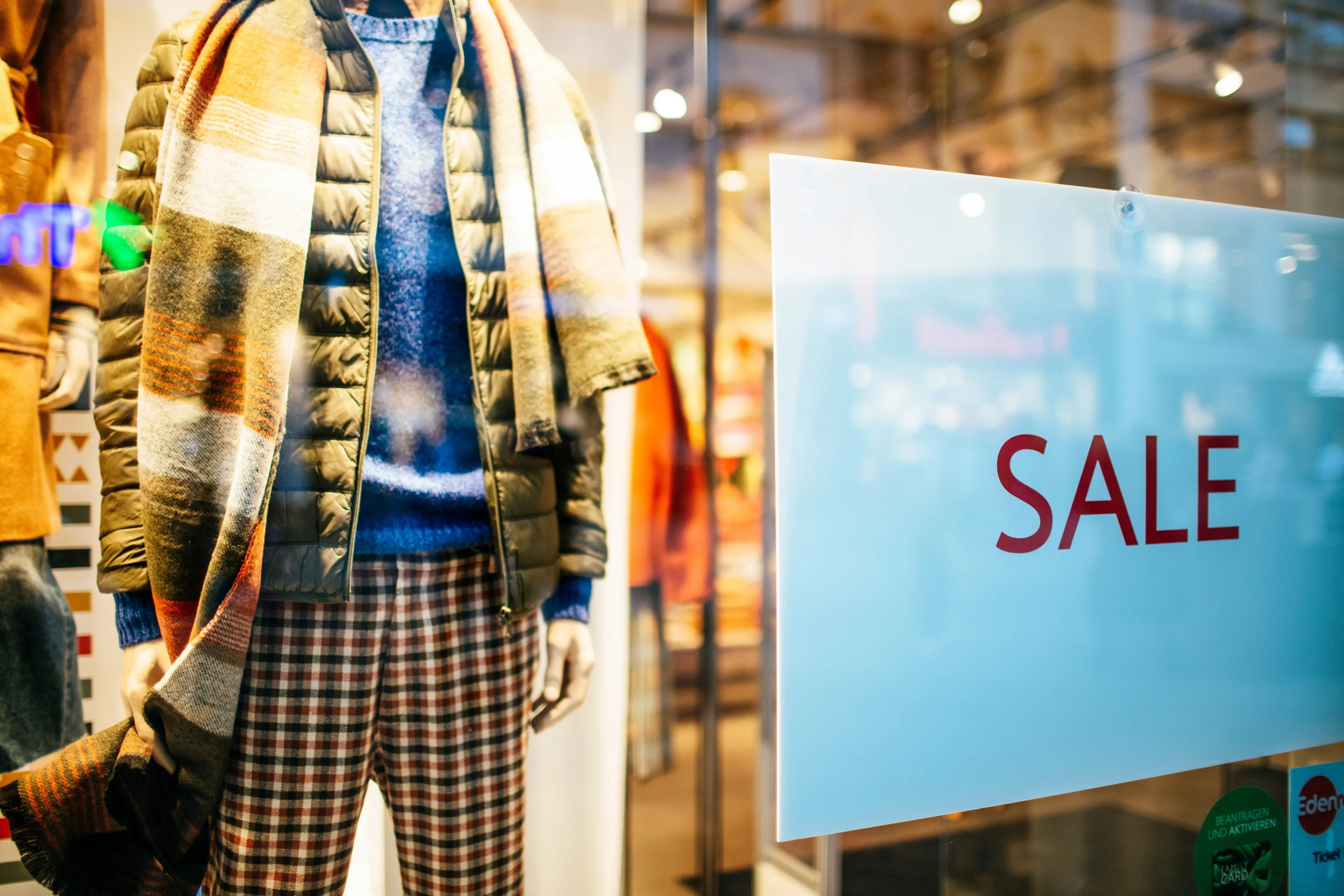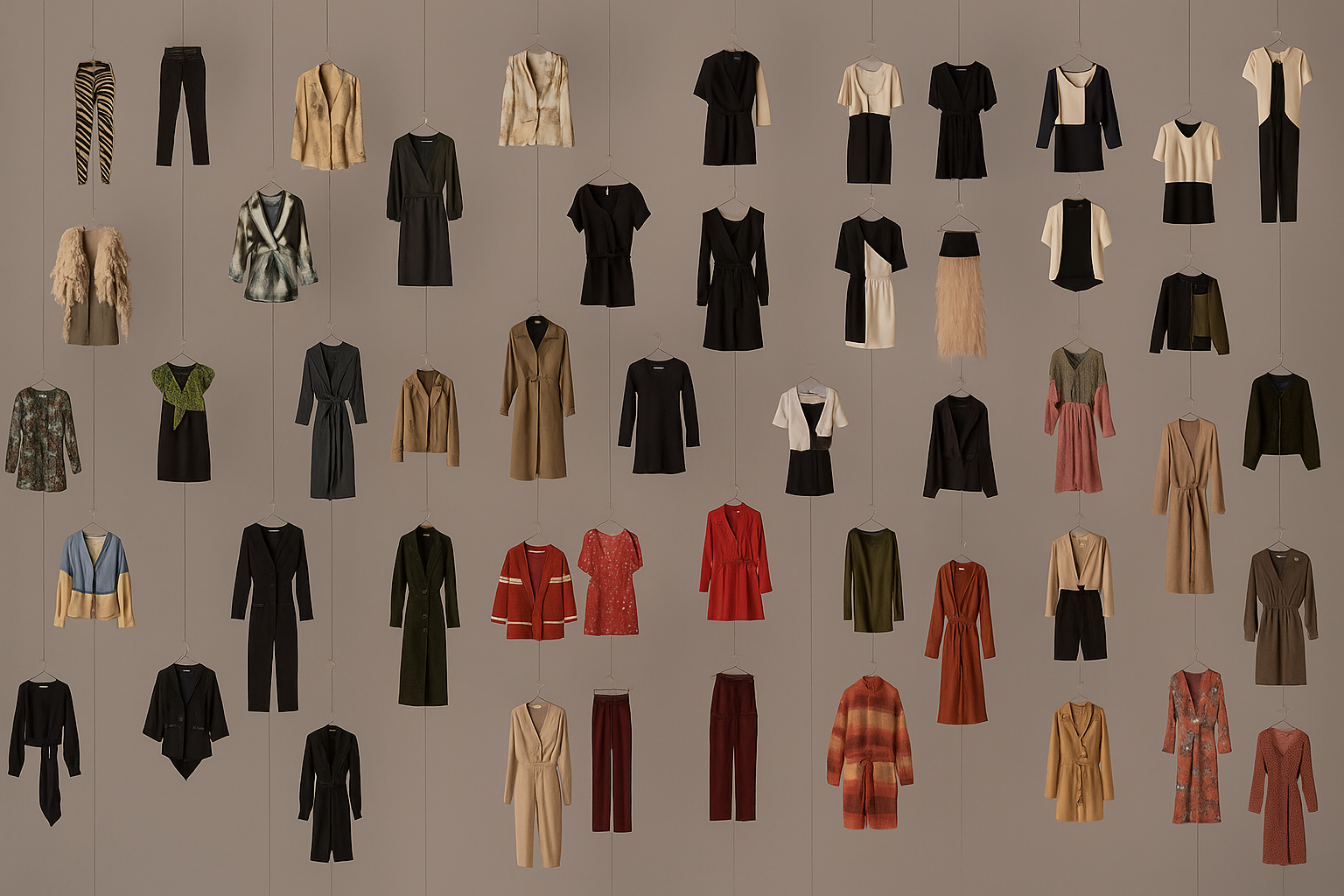World environment day: resale, the new frontier of sustainable fashion

Paris, June 5, 2025 – In a world where the climate emergency can no longer be ignored, World Environment Day brings one truth back to the forefront: the fashion industry must evolve. Fast.
While 76% of French consumers say they want more responsible fashion, a paradox remains. The intention is there, but behaviors don’t always follow. It’s in this gap between ideals and reality that resale is gaining new ground: more than an alternative, it’s becoming a structural lever, culturally, economically, and environmentally.
A more conscious consumer… not always aligned with their wallet
The gap between ecological commitment and purchasing power is now a sociological reality.
“I’d like to only buy ethical pieces, but when jeans cost €180, I end up choosing something more affordable,” admits Léa, 31.
Karim, 26, adds nuance: “Resale helps me stay true to my values without breaking the bank.”
These testimonials highlight a daily balancing act between values, budget, and style.
Resale doesn’t oppose new fashion, it complements it. It allows people to:
– Buy higher-quality, longer-lasting items at a better price
– Reduce their carbon footprint without sacrificing style
– Bring meaning back into their purchases, beyond impulse
In other words: resale reconnects desire, utility, and awareness.
Brands: From producers to stewards of product life cycles
Integrating resale into your business model isn’t a feel-good CSR gesture anymore. It’s a structural shift.
Brands that embrace it are no longer just creators, they become responsible for the entire life cycle of their products.
This means:
– Designing garments to last (in material, construction, finish)
– Planning for returns (take-back, repair, reintegration)
– Maximizing usage value over short-term sell-through
The garment is no longer disposable. It’s a circulating asset, designed to live several lives.
This shift also redefines the brand’s role: it’s no longer just selling a product, it’s enabling a durable usage system, where the initial sale is only the beginning.
Less CO₂, more impact: when fashion extends product life
The environmental potential of resale is no longer hypothetical.
In 2024, brands that structured a circular program helped avoid several thousand tons of CO₂ emissions.
This is the direct result of longer product life, optimized logistics, and avoided overproduction.
Key facts:
– Reusing a garment instead of producing a new one can save up to 80% of its carbon footprint
– A resold item typically gains an additional 2 to 4 years of use, depending on how it's worn
Each reused item is a step closer to a less extractive, more regenerative industry.
From taboo to no-brainer
Just ten years ago, second-hand shopping was seen as a fallback option. Today, it’s a growing form of style, culture, and self-expression.
“Wearing second-hand used to be frowned upon. Now, it shows taste,” says Maud, 42.
“I’d rather buy a beautiful piece that’s lived, than a brand-new one that won’t last the season,” adds Hugo, 37.
For younger generations, and not only them, pre-loved means authenticity, and wear adds value.
Resale is no longer a compromise. It’s a smart, stylish, and conscious choice.
Rethinking the entire chain, not just the product
Resale won’t fix everything. But it forces a full reset.
For a product to circulate, it must be:
– Well-designed
– Well-maintained
– Easy to pass on
Which requires transforming:
– Design (durability, repairability)
– Logistics (collection, sorting, reconditioning)
– Customer experience (perceived value, product history, after-sales service)
This isn’t a detail. It’s a reinvention of the brand ecosystem.
Conclusion: Fashion isn’t ending. It’s changing pace
Slowing down doesn’t mean giving up. It means choosing a better rhythm — more sustainable, more desirable.
Resale isn’t a threat. It’s an answer.
To the climate crisis.
To inflation.
To the loss of meaning.
It’s an opportunity to redefine fashion as a space for culture, commitment, and beauty — in the present and for the future.
Restez informés !
Abonnez-vous à la newsletter FAUME The Secondhand Review.
Votre ressource pour rester informés et inspirés dans un marché de la seconde main en constante évolution.






